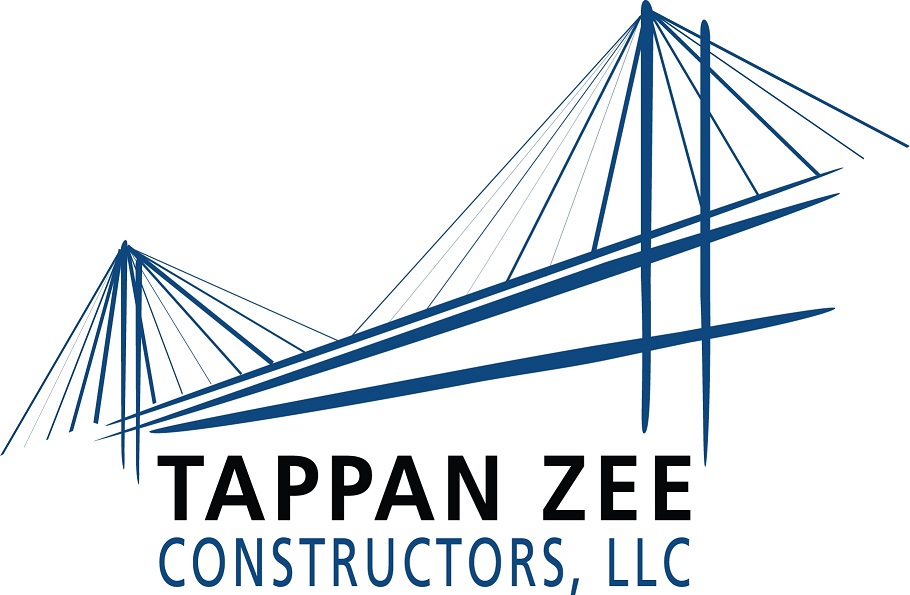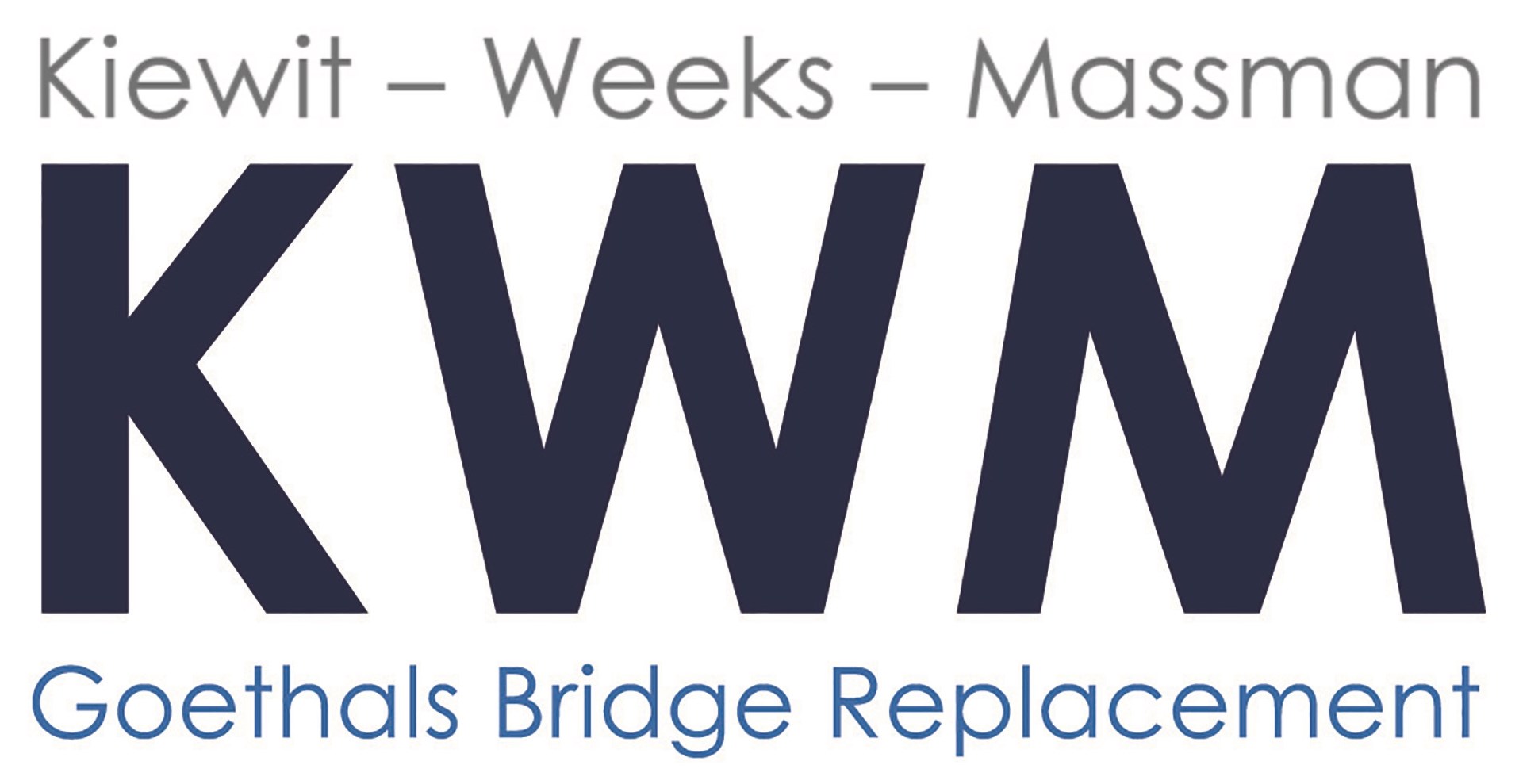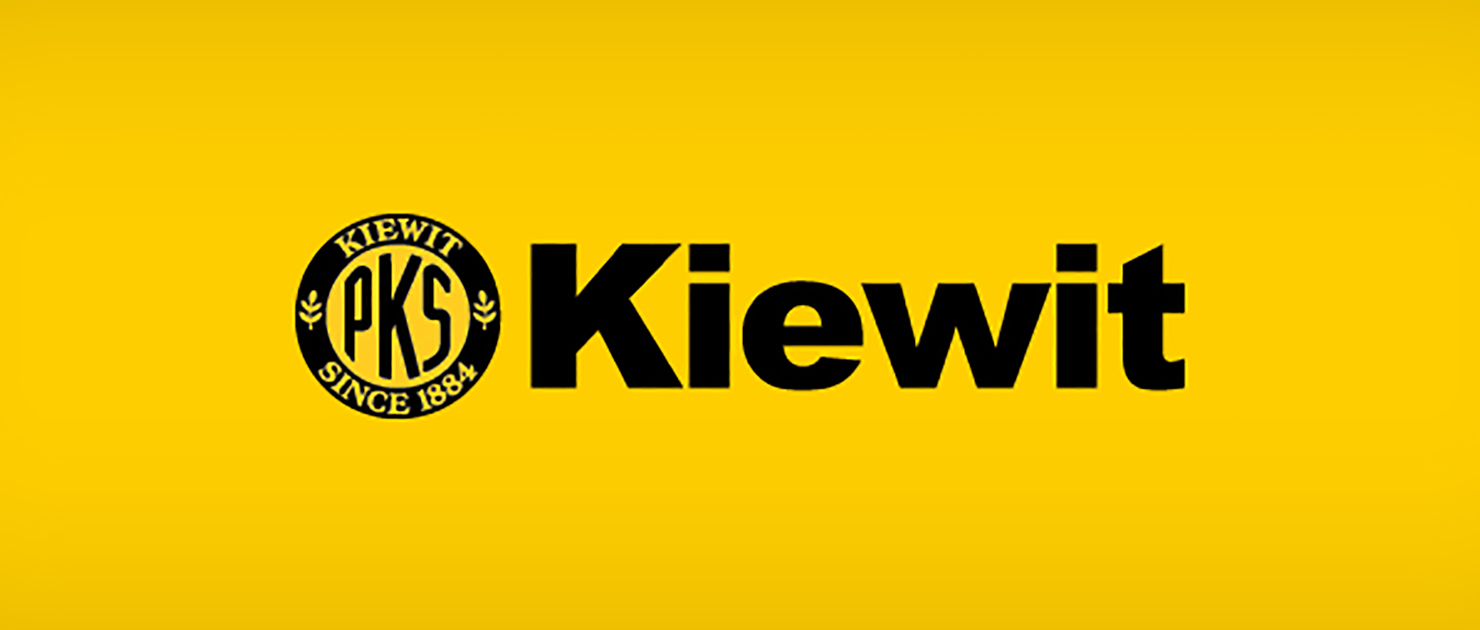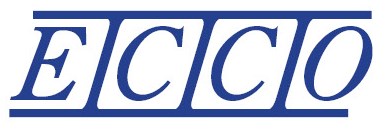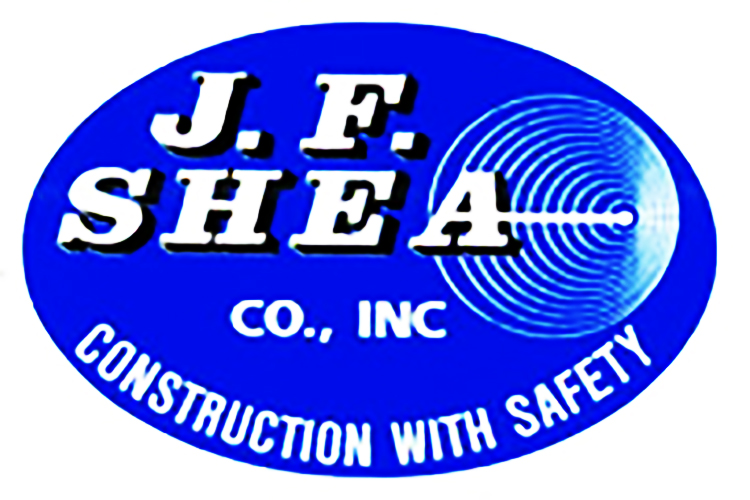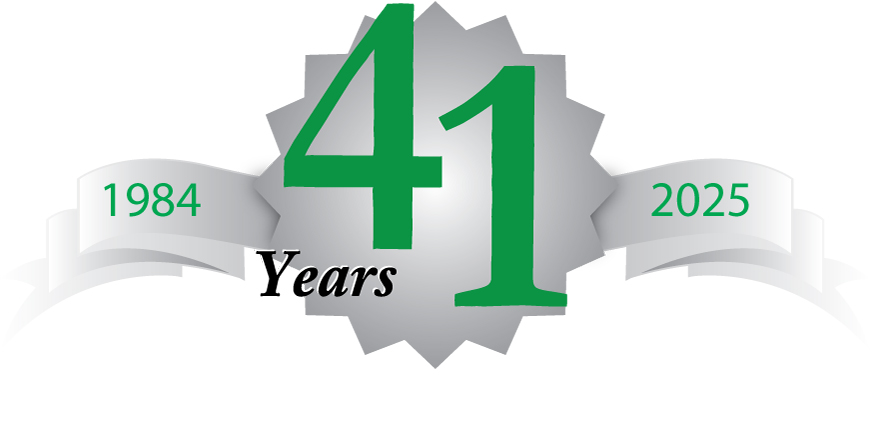Two Native Americans Offer Healing Solace for Race Relations
11/15/2022
 By Leslie Ann McMillan, Marie Sheahan Brown By Leslie Ann McMillan, Marie Sheahan Brown
Our visit to the Shinnecock Indian Nation reservation near the eastern end of Long Island unexpectedly confirmed what we had read in a brochure at the Smithsonian’s National Museum of the American Indian.
Entitled IndiVisible: African-Native American Lives in the Americas, the words and photos memorably illustrate how the tragic common bonds of displacement and oppression have often become empathetic family bonds among Africans and Indians in America.
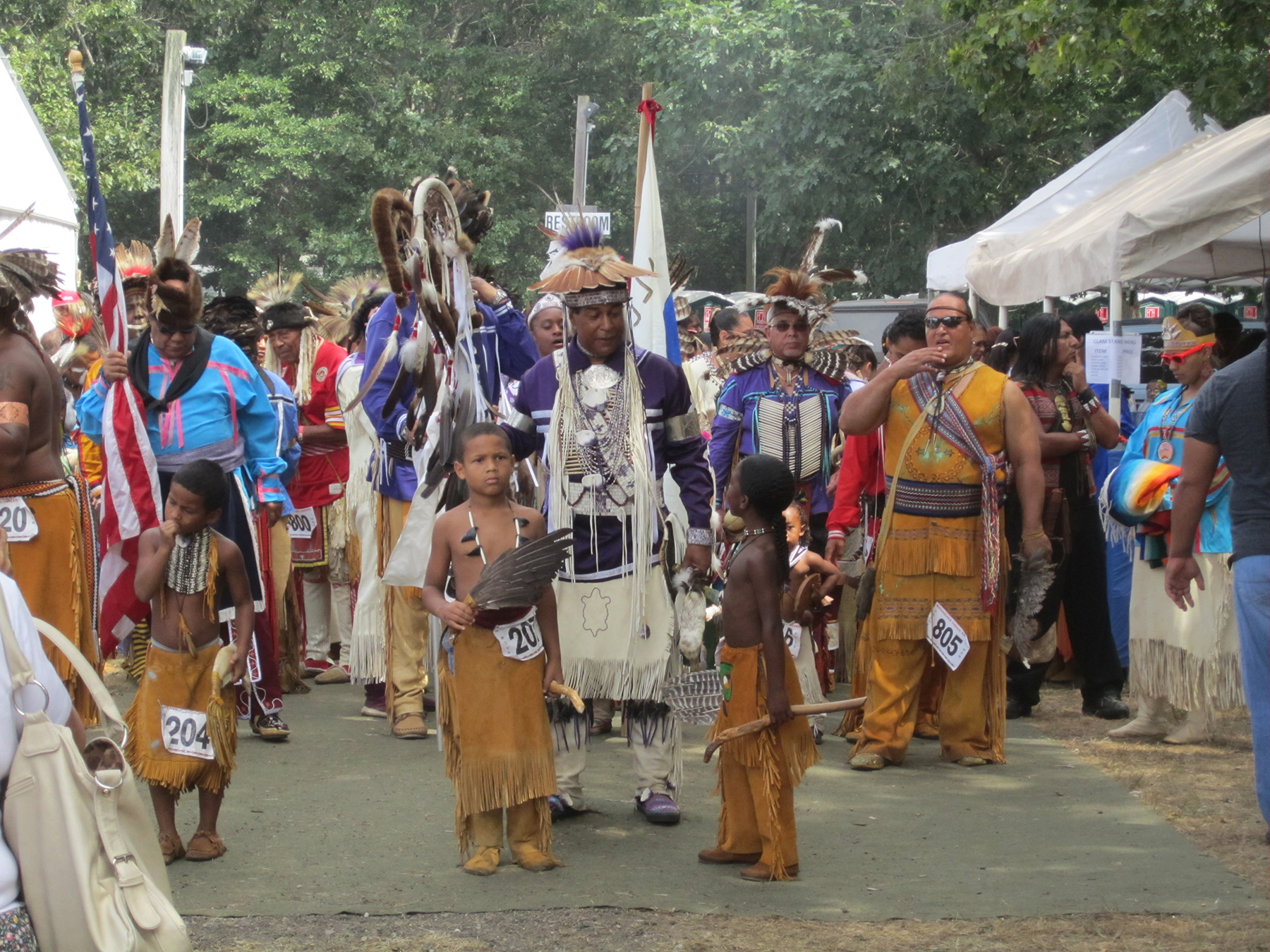 Like other Native Americans, your Small Business Exchange Northeast editors, twin sisters, can share sad stories of loss, indignity, and betrayal experienced by our Chinook Indian ancestors. Like other Native Americans, your Small Business Exchange Northeast editors, twin sisters, can share sad stories of loss, indignity, and betrayal experienced by our Chinook Indian ancestors. For example, our many-greats-grandfather, Chinook Chief Comcomly, welcomed explorers such as Gray and Vancouver, Lewis and Clark, and the Astor Expedition when they reached his territory along the Pacific coast at the mouth of the Columbia River. Within a few decades, ninety percent of the Chinooks had perished from strange diseases introduced by the newcomers. For example, our many-greats-grandfather, Chinook Chief Comcomly, welcomed explorers such as Gray and Vancouver, Lewis and Clark, and the Astor Expedition when they reached his territory along the Pacific coast at the mouth of the Columbia River. Within a few decades, ninety percent of the Chinooks had perished from strange diseases introduced by the newcomers.
After Chief Comcomly died, his traditionally flattened skull was stolen from his grave in 1835 and shipped to the Royal Naval Hospital Haslar Museum in England. Damaged by bombing in World War II, it was returned to America in 1953 and eventually to his Columbia River homeland among five generations of his descendants.
A Smithsonian research report, The Chinook Sign of Freedom: A Study of the Skull of the Famous Chief Comcomly (1960), recounts the events and evidence that accumulated during this troubling journey of more than a century.
Even today, the Chinook Indian Nation is struggling with indignity. Like the Shinnecocks, our people have been trying for decades to win federal recognition as Native Americans—not, as some might think, so we can sell all of the vices at lower prices on new tribal lands, but for the sake of simple truth, justice, and sovereignty.
The Shinnecock Nation finally gained federal recognition in 2010, one of 574 such tribes. We are not yet there—despite more than two hundred years of peaceable history and the existence not only of our people but also of Chinook salmon; Chinook helicopters; Chinook winds; Chinook jargon; Chinook dogs; Chinook the wolf; Chinook the replica toy wolf; Chinook Pass; Chinook recreational vehicles; Chinook the town in Washington; Chinook the town in Montana; Chinook library systems; and various Chinook team mascots, streets, neighborhoods, and companies throughout the United States and Canada. (We, personally, are not offended but rather honored by these many recognitions of our Chinook name.)
Writing of our Native American heritage, which is intermingled with several streams of European descent, we are briefly reporting some of the offenses as one way to explain our empathy for others who have suffered much more.
May we gently suggest a solace of hope and healing that mainly relies not on the pressures of grievance but on the promises of forgiveness.
Here is a simple truth: Some wrongs cannot be fully righted this side of heaven. The guilt of past generations cannot be paid sufficiently by this generation. The visceral misery of victims cannot be comprehended deeply enough by those drawn alongside to help. The proper pursuit of justice and restoration cannot adequately address every dreadful human failure.
Our great American family, formed from all nations, is not experiencing earth as it is in heaven. We have fallen short. We all have. So here we are, again grieving over the rawness of the wounds in this family dynamic. Surely, there is a better answer than endless cycles of guilt, pain, and accusation.
Millions of American homes have some very important books on the shelves. One might be a Merriam-Webster dictionary that defines Forgive: to stop feeling anger toward someone who has done something wrong; to stop blaming someone; to stop feeling anger about something; to forgive someone for something wrong; to stop requiring payment of money that is owed; to give up resentment of or claim to requital for; to grant relief from payment of; to cease to feel resentment against an offender.
Without counseling about all situations and proper responses, let us offer something more helpful than the bondage of bitter mental replays that spill out as counterproductive words and actions. Forgiveness brings peace to our own hearts first. Forgiveness does not mean that the wrongdoer is right, or that there can be no justice. The power of forgiveness frees the victim to follow the path of greatest healing and highest reward.
How might the healing of forgiveness happen in the Chinook Nation—or in your community? Must we abandon the quest for justice entirely, or instead approach it with the wisdom and freedom of a fresh perspective and a new heart attitude?
We, personally, are still solemn about the centuries of sorrow. At the same time, with much greater focus, we are very thankful for all of the many wonderful things about America. Here, as nowhere else on earth, it is possible to rise above human weakness, failure, and tragedy. To rise above, it is necessary to look up.
We are also very grateful for the dignified people of peace—some from inside our community, some from outside—who have answered the call to work effectively for justice and restoration. They examine all of the facts with clarity, measure them against current laws and processes, help to apply these properly, and pursue changes as needed.
We commend, among many others, Chinook Chairman Ray Gardner and his successor, Chairman Tony Johnson; Congressman Brian Baird and his successor, Congresswoman Jaime Herrera Beutler; the Chinook Observer newspaper and The Daily Astorian newspaper.
And we dearly appreciate Gerald W. Johnson (whose heritage is both African American and Native American) and his wife, Valerie Voorhies, owners of Small Business Exchange. Their exemplary life work is to build up disadvantaged communities.
Back To News |
||
|
|
||
|
© 2025 Small Business Exchange, Inc. |
||






